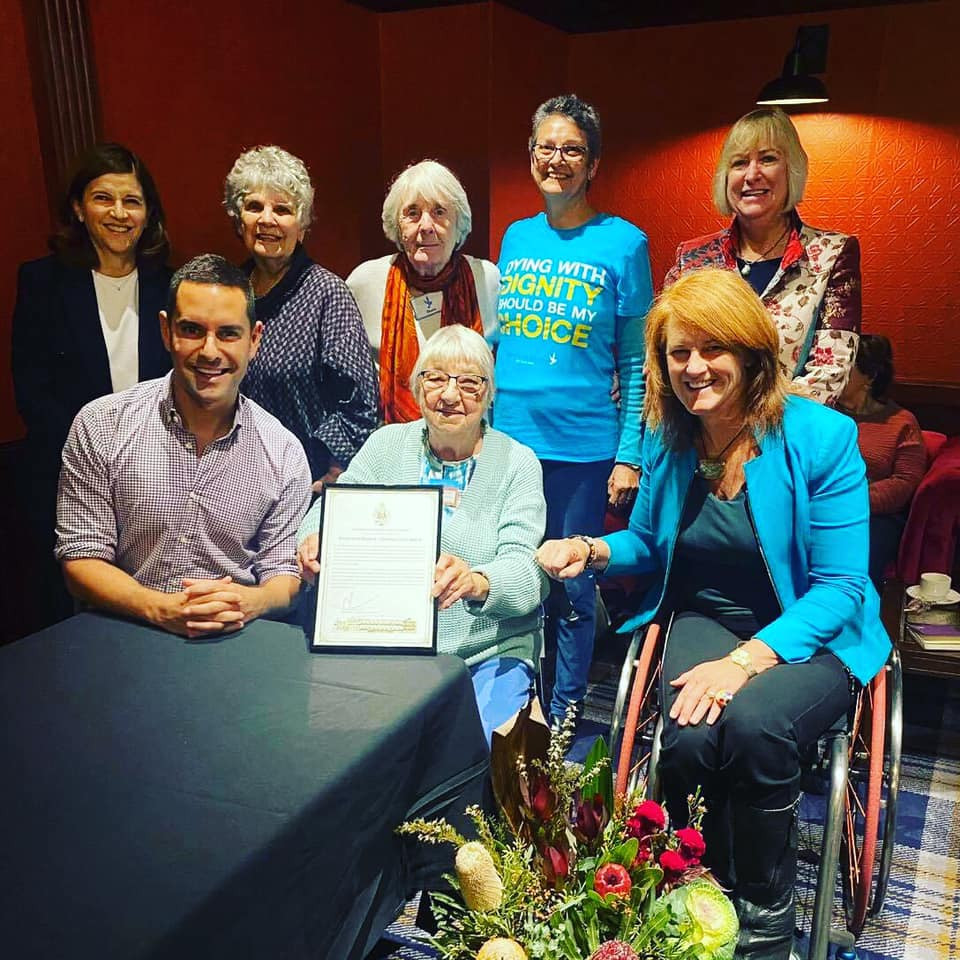Three Years of Assisted Dying in NZ: How Well Is the Law Working?
New Zealand's End of Life Choice Act, which allows for assisted dying, has reached its third anniversary, prompting a mandated review of its effectiveness. The law, which came into effect in November 2021, allows terminally ill patients to access a legal, doctor-assisted death if they meet specific criteria. Since then, nearly a thousand New Zealanders have chosen this path, raising questions about how well the law is working in practice.
The End of Life Choice Act allows adults with a terminal illness and less than six months to live to request medical assistance in dying. The patient must be mentally competent, capable of making their own decisions, and have a clear and enduring request for assisted dying. They must also receive independent confirmation of their diagnosis and prognosis, and have undergone counseling and informed decision-making processes.
The Debate Continues: What Should Be Changed?
As the law reaches its third anniversary, the debate surrounding assisted dying continues. Opponents argue that the law is flawed and needs to be repealed, while proponents believe that it is essential to protect the rights of those who choose to end their lives on their own terms.
One of the key points of contention is the six-month time limit. Critics, like ACT MP Todd Stephenson, believe that this is an unnecessary barrier and argue for its removal. Stephenson has introduced a member's bill that would eliminate the requirement for a patient to have less than six months to live in order to be eligible for an assisted death. He believes that the current law is too restrictive and denies individuals with long-term, debilitating illnesses the right to a peaceful and dignified end.
Former National MP Simon O'Connor, who chaired the health select committee during the consideration of the End of Life Choice Act, was a vocal opponent of assisted dying legislation. Now, he argues that the law is not being used as intended and that it is being abused. He believes that the law needs to be strengthened to ensure that it is being used only in the most appropriate cases.
Examining the Law's Impact
The debate over the End of Life Choice Act is a complex one. While some argue for its repeal or modification, others believe that it is a vital piece of legislation that allows individuals to exercise their right to self-determination at the end of life. The debate raises questions about the role of the state in regulating end-of-life decisions and the balance between individual autonomy and societal values.
Ultimately, the debate over the End of Life Choice Act highlights the complex and sensitive nature of issues surrounding death, dying, and the right to choose. It's important to remember that these are deeply personal decisions and that there are no easy answers. The law's impact continues to be debated, and the review will provide valuable insights into how the End of Life Choice Act is working in practice and what, if any, changes may be needed in the future.
Looking Ahead: The Future of Assisted Dying
The End of Life Choice Act has undoubtedly changed the landscape of end-of-life care in New Zealand. As the law reaches its third anniversary, it is crucial to reflect on its impact, both positive and negative, and to consider the potential for future modifications. The review process will be an opportunity to gather data, listen to stakeholders, and engage in a thoughtful dialogue about the law's effectiveness. The goal should be to create a system that is compassionate, respectful, and upholds the rights of all individuals involved, while also ensuring that the law is being used ethically and responsibly.
The review process is an important opportunity to ensure that the End of Life Choice Act is working as intended and that it is meeting the needs of those who rely on it. As we look towards the future, it is essential to engage in open and honest conversations about the complexities of end-of-life care and to strive towards a system that provides individuals with the autonomy and dignity they deserve at the end of their lives.


















